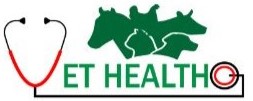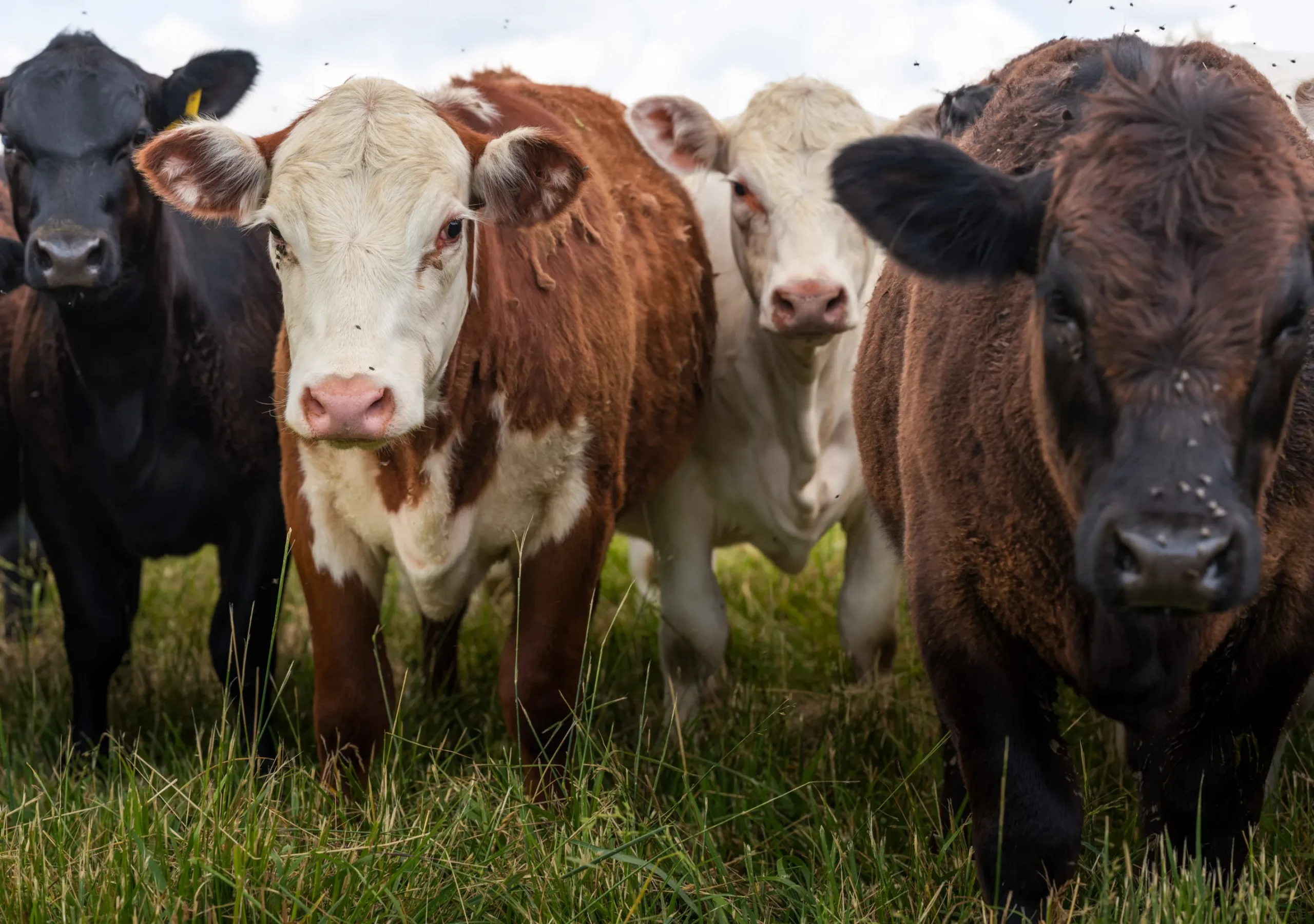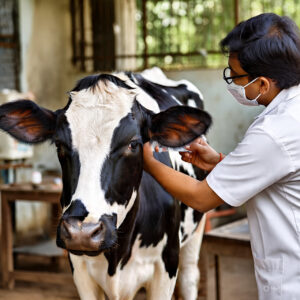Tick fever in cows is a widespread disease caused by parasites transmitted through tick bites. This illness leads to symptoms like high fever, weakness, and anemia, which can severely affect cattle health and productivity. Recognizing the early signs of tick fever in cows is crucial to provide timely treatment and avoid losses.
Common signs of tick fever in cows include elevated temperature, pale gums indicating anemia, reduced appetite, and lethargy. The disease spreads through ticks carrying harmful parasites such as Babesia and Theileria. Effective control of ticks and early veterinary intervention are vital to managing this disease.
To protect your cattle from tick fever in cows, regularly inspect animals for ticks, apply acaricides as advised, and maintain clean housing conditions. Vaccination is also recommended in areas where tick fever is common. Immediate treatment with appropriate medication can save affected cattle and reduce mortality.
By focusing on prevention and early detection of tick fever in cows, farmers can maintain healthy herds and ensure better livestock productivity.
Learn how to identify symptoms of tick fever in cows, effective prevention strategies, and treatment options to keep your cattle healthy.
https://www.merckvetmanual.com/generalized-conditions/tick-borne-diseases/bovine-babesiosis




